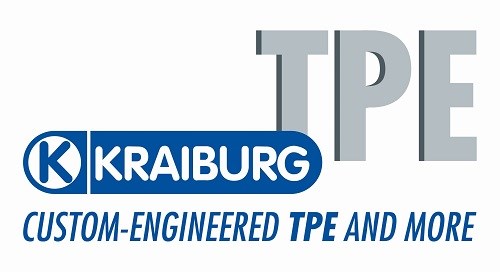High-Flow, Low-Density TPEs For Automotive Debut
Aiming at a variety of automotive applications such as cup holders, air-guide systems, window seals is Kraiburg TPE, Duluth, Ga., which launched at NPE2015 new custom high-flow TPEs.


Aiming at a variety of automotive applications such as cup holders, air-guide systems, window seals is , Duluth, Ga., which launched at NPE2015 new custom high-flow TPEs. They are said to allow for filling the mold cavity with even pressure, resulting in consistent gloss on the show surface of the part. Compared to other TPEs, TPVs and PVC, the Kraiburg TPE’s are said to typically increase the molder’s profitability because they yield reduced cycle time, reduced scrap, and are easier to process.
In addition, the high-flow TPEs are formulated to have less off gassing than competitive grades, which enables the process to run longer without having to have the mold cavity surface cleaned—a major cost advantage. In addition, these grades have very low specific gravity—generally 0.93 g/cc, while commonly used PVC has a typical density of 1.40 g/cc. Using these densities, in a typical design for rear quarter light window, these TPEs have been shown to offer a vehicle weight savings of 0.63 lbs.
Want to find or compare materials data for different resins, grades, or suppliers? Check out Plastic Technology’s Plaspec Global materials database.
Related Content
-
Paperless ‘Smart Factory’ Based on Automated Production Monitoring
Tier 1 automotive molder’s home-built production-monitoring and ERP systems, designed for “the little guy,” boost its efficiency rating and profits.
-
BMW Group Vehicle to Adopt 3D Printed Center Console
A vehicle coming to market in 2027 will include a center console carrier manufactured through polymer robot-based large-format additive manufacturing (LFAM).
-
Atop the Plastics Pyramid
Allegheny Performance Plastics specializes in molding parts from high-temperature resins for demanding applications as part of its mission to take on jobs ‘no one else does.’







